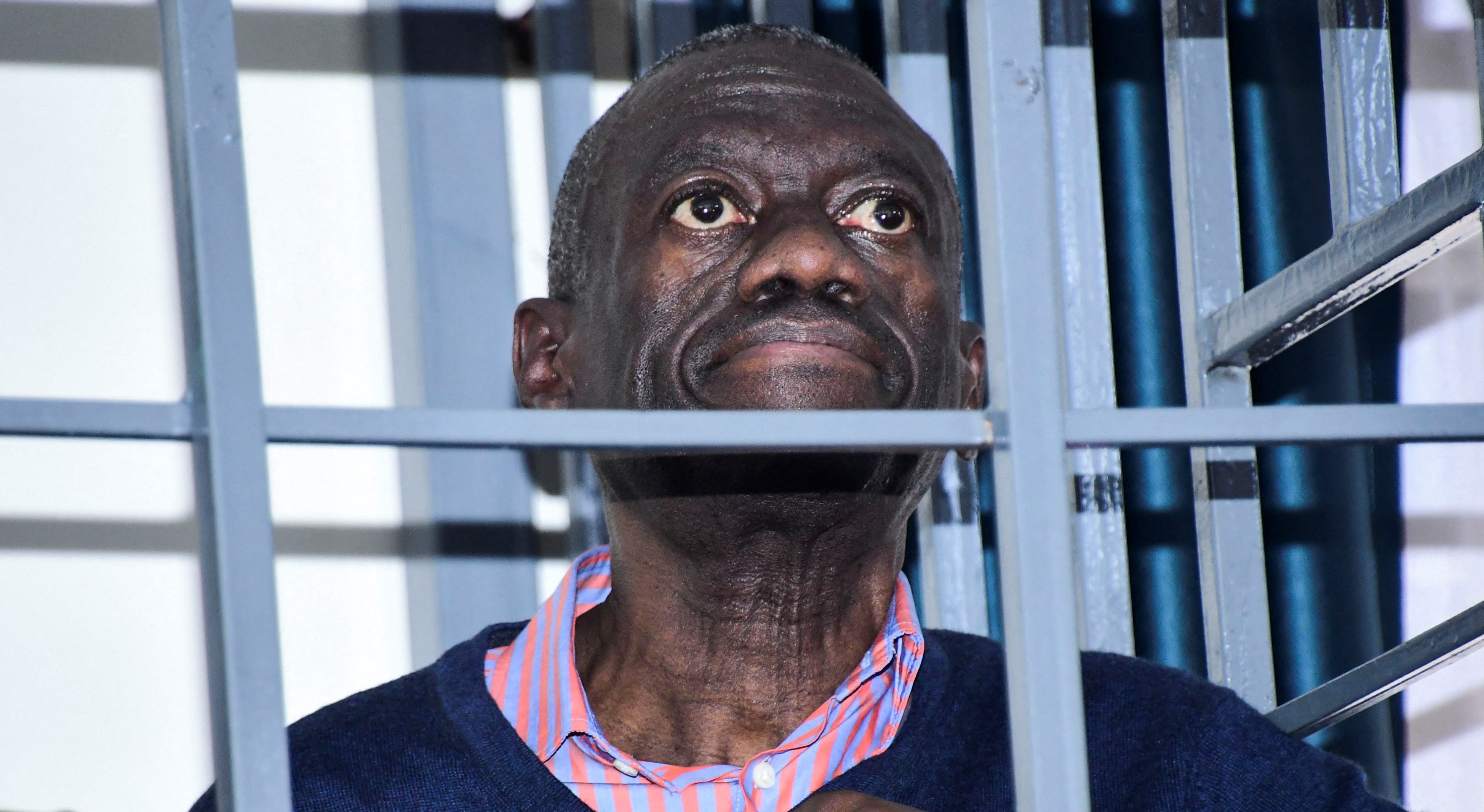The Kenyan government has for the first time acknowledged its involvement in the abduction of prominent Ugandan opposition leader Kizza Besigye, who was forcibly taken from Nairobi late last year. The admission comes during mounting scrutiny over democratic backsliding in East Africa.
Besigye, 68, a former physician to Ugandan President Yoweri Museveni and long-time political rival, was seized by armed men in Kenya’s capital in November 2024. He resurfaced days later before a Ugandan military court, sparking outrage from rights groups and raising serious questions about regional cooperation in political repression.
While Kenya had previously denied any part in the incident, Foreign Secretary Musalia Mudavadi reversed that position during a television interview on Tuesday evening.
Mudavadi said Besigye’s business in Kenya raised questions from the start, and the situation became sensitive as issues developed.
“He came here, and there were issues, and he had to go,” Mudavadi said.
“I think the manner in which he had come to Kenya was not quite clear, and at that time, certain issues were beginning to evolve… I would rather leave it at that, because he’s now in the custody of his nation and his authorities,” he explained.
Mudavadi stressed that Kenya’s cooperation with Uganda was motivated by national interests, especially the need to protect diplomatic and economic ties with East African neighbours.
“We always look at national interest. We have to partner with our East African States, and sometimes we have to manage those relations very carefully for the broader national interest,” he said.
“Even as individuals, we must be cognizant that there’s a nation and nations have relationships.”
He also pointed out that Besigye did not formally apply for asylum while in Kenya, a factor that may have shaped the government’s response.
“Had he said that he was seeking asylum, maybe the treatment would’ve been different,” Mudavadi remarked.
Highlighting the importance of regional cooperation, Mudavadi noted that Uganda is a key trading partner for Kenya, with many jobs and livelihoods dependent on this relationship.
“What would happen to the Kenyan economy if there were no more trade between Kenya and Uganda?” he quipped.
Besigye is now on trial for treason, a charge that carries the death penalty. Rights organisations have condemned the proceedings as politically motivated, noting their timing ahead of Uganda’s upcoming January 2026 elections, in which the 80-year-old Museveni intends to run again.
The case was moved from a military tribunal to a civilian court earlier this year after Besigye began a hunger strike in protest. On Wednesday, his latest court appearance ended with another delay, as the hearing was adjourned until May 29. One of his lawyers, Erias Lukwago, expressed frustration, calling the delay “very disappointing” and accusing the court of denying Besigye’s right to bail.
Observers say the case is emblematic of a growing crackdown on dissent across East Africa. In neighbouring Tanzania, opposition leader Tundu Lissu is also facing treason charges ahead of elections scheduled for October. Several Kenyan activists who travelled to observe his trial were recently detained and expelled from the country.







